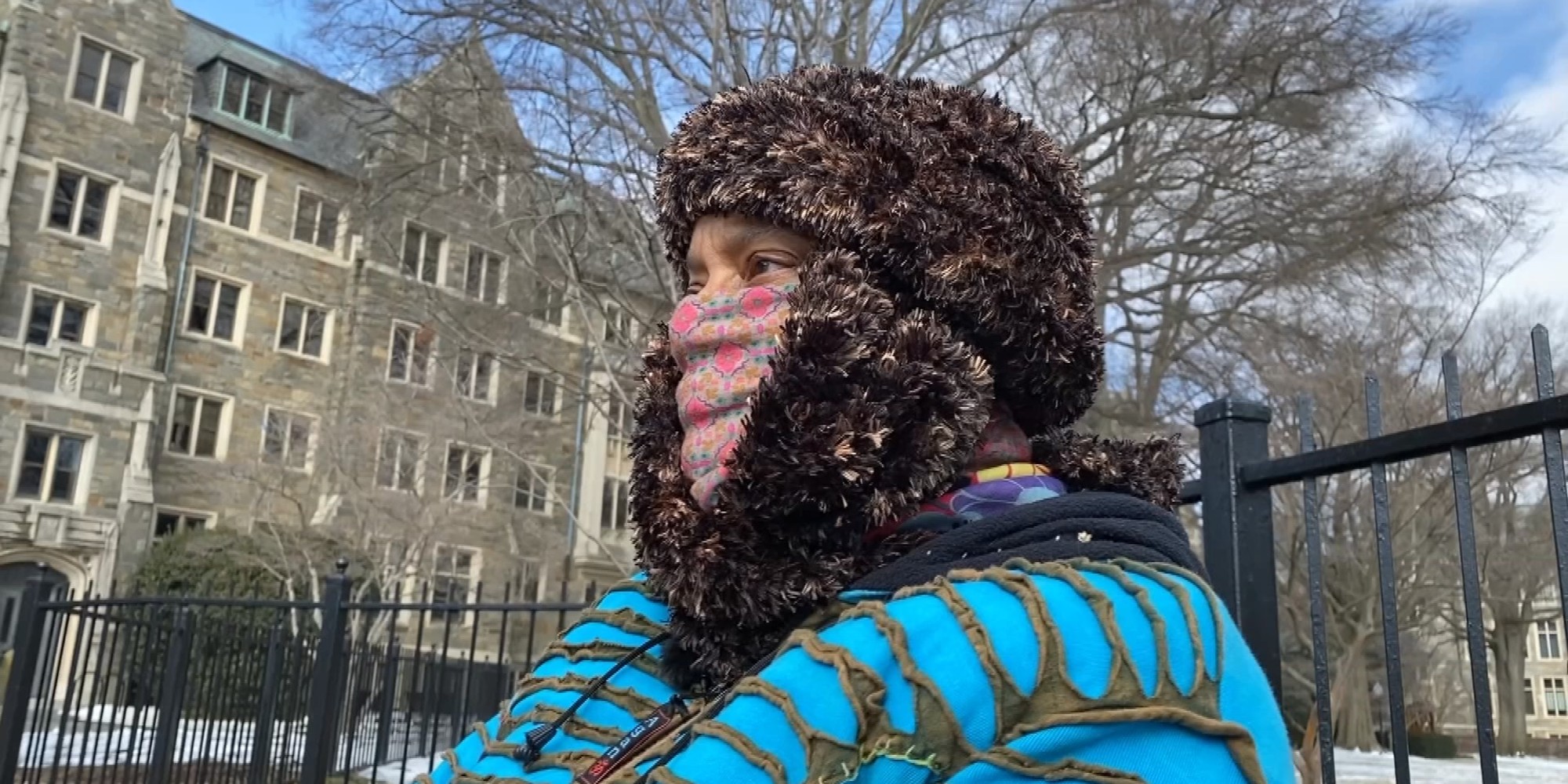REPORTAGE
Will descendants of slaves soon be compensated in the United States? A little over three weeks ago, a committee of the US Congress gave the green light to the creation of a commission of experts to make proposals in this direction. This concerns four million Africans who arrived in the United States against their will between 1619 and 1865. There are many in the United States who are calling for these reparations. The debate has also accelerated with the Black Lives Matter events. A long fight that tells us our correspondent in the United States.
Broken promise
Compensation should be given to descendants of slaves to make up for the centuries in which African Americans have been abused and exploited, with the blessing of the government. Slavery was abolished in 1865, at the end of the Civil War. Back then, President Lincoln had promised that each freed slave would be entitled to a mule and 40 acres of land, or about 16 hectares. But Lincoln was assassinated, and his successor, Andrew Johnson, was quick to overturn the measure. The land already distributed was seized. No compensation was thus really granted, which resulted in a very important difference in standard of living between whites and blacks.
Add to this the segregation that continued until the 1960s and discrimination, then we understand why, even today, the average wealth of a white family is ten times that of a black family. The life expectancy of African Americans is still six years less than that of whites. Reparations would therefore be a means of redressing an injustice and of rebalancing things.
Shared responsibilities
The American state obviously has a very large part of the responsibility, since slavery was authorized by law. But private institutions also have a very slavery past, especially in universities. Georgetown, Washington University founded and run by the Jesuits in 1789, “owned” slaves in the days. These men and women, considered property, were a source of labor and income.
photo-center">
© Aviva Fried / Europe 1
–
The university is therefore also involved in the repair process, somewhat by necessity. Richard Cellini, a former student now in his sixties, founded the Georgetown Memory Project in 2015. He looked at the history of his university, and in particular an event: the sale, in 1838, of 272 slaves belonging to Georgetown. At the time, the institution was in financial difficulty. So she decided to organize a slave sale, just like getting rid of cattle to earn a few dollars.
On the trail of the slaves sold by Georgetown
Richard Cellini asked the university for information on the 272 slaves sold. “I was told, ‘Dear Richard, Georgetown looked at this a few years ago. What we found out was that they all quickly succumbed to a fever in the smelly swamps of Louisiana,'” he remembers. “Basically, they meant they were all dead, and there were no traces, or descendants. I thought, but that’s really not possible, even for the Titanic, it There were survivors. It was from there that I decided that I had to search for the Georgetown slaves and their direct descendants, “explains Richard Cellini.
photo-center">

© Aviva Fried / Europe 1
–
Finally, the university agreed to face its past in the face. With a team of genealogists, Richard Cellini found the trace of more than 10,000 direct descendants of the 272 slaves sold. Among them, Melisande Short-Colomb is now 67 years old. Four years ago, when she was contacted by the Georgetown Memory Project, she dropped her career as a chef in Louisiana to enroll in Georgetown.
In the meantime, the university decided to grant financial facilities to the descendants of the slaves sold in 1838. Melisande Short-Colomb is the first descendant to have taken advantage of this program. “I brought my family here. They are part of it all, I do this for them. We are American history. My family is as important as George Washington’s. They were slavers. We were enslaved “, she tells the microphone of Europe 1.
Creation of a fund of $ 400,000
Georgetown also discussed the creation of a fund of $ 400,000 for descendants. It should be fueled by private donations, which annoys some students, especially descendants of slaves. Instead, they offer a repair tax in the amount of $ 27, which all students at the university would pay each year, in addition to the registration fees. A primarily symbolic measure, but which would have enabled Georgetown to assume its responsibilities.
With the fund fueled by private donations, it’s a bit as if others are paying for the faults of the past, according to his critics. Not to mention that we do not really know how the money will be distributed and used, which disturbs the descendants. “Reparations are not charity, but the payment of a due. I think they should be paid directly to the descendants. What they do with this money is up to them. their free will. This is what we did not have when we were slaves, we did not have free will. But that is in an ideal world “, explains Sandra Thomas, whose parents his great-great-grandfather were part of the Georgetown 272.
photo-center">

© Aviva Fried / Europe 1
–
Very complex repairs to calculate
The sum of these repairs is extremely complex to calculate, especially since no amount will make you forget the horror of the past. Some economists believe that we should count the number of hours worked, multiply them by the normal hourly wage, add the interest accrued over all these years and multiply by the number of slaves.
Others rely on the wealth produced by slaves, or on the heritage that should have been accumulated. The numbers vary, but the sums are astronomical. We are talking about nearly 20,000 billion dollars. That’s four times the annual US budget.
A calendar far from being finalized
All eyes are now on this commission of experts. According to the law, it will be composed of thirteen members: some will be appointed by the president and others by Congress. At least six of them will be chosen from civil society and organizations that advocate for reparations.
As for the timetable, it remains undetermined. The creation of this commission has so far only been approved by a committee of the House of Representatives, thanks to the votes of the Democrats. We now need the approval of the Senate, with at least 60 votes out of 100. For that, we will have to convince ten Republicans of the interest of this commission. The creation of this commission has been proposed since 1989. A glimmer of hope all the same: the text had never passed the stage of the House of Representatives.
–



